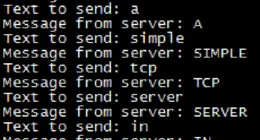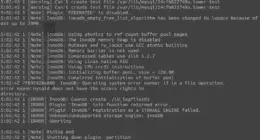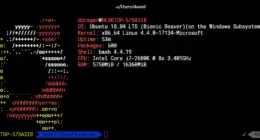I just found a quick tip on the Installatron forums.
By default Installatron disables all WordPress plugins when doing an upgrade. This is due to the WordPress best practices for upgrading the version of their system. When you have a lot of WordPress installs to go through this is a big pain because it usually breaks the site.
According to this post, you disable the disabling of the plugins by creating a file named .dont_disable_plugins in the directory that wordpress is installed to.
Via command line it is as simple as this:
touch /path/to/wordpress/.dont_disable_plugins
Execute that command on the command line (or upload an empty file via FTP/SCP) and the plugins will remain enabled. There is also an option in the installatron settings to enable this file creation upon install.
Note that if you have a plugin that is not compatible with a new version of WordPress, it may break your install!





3 comments
Great site…keep up the good work.
Comments are closed.